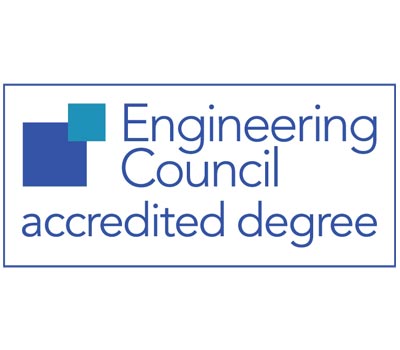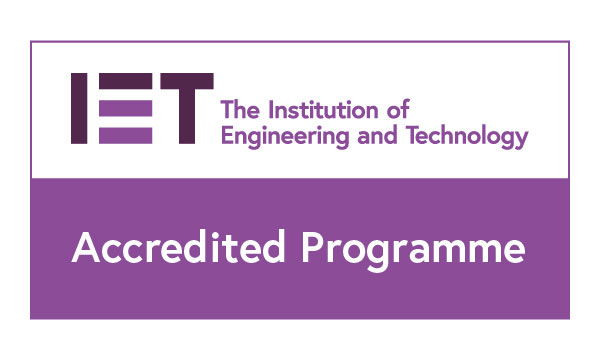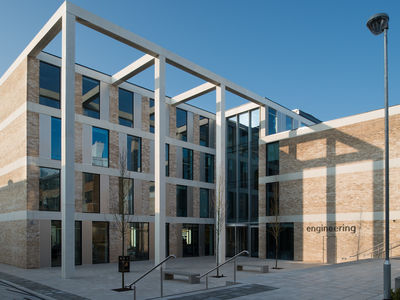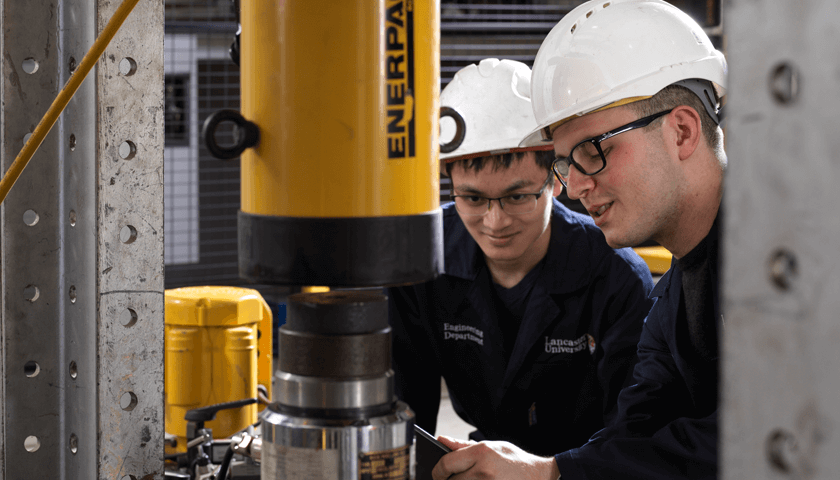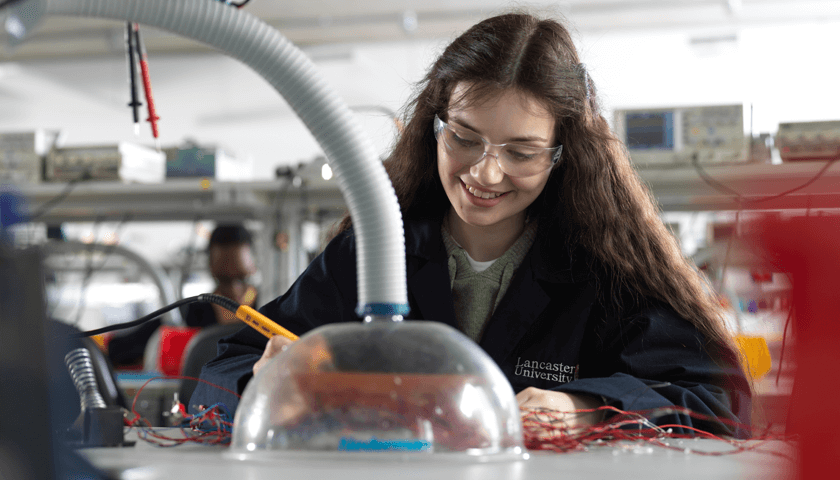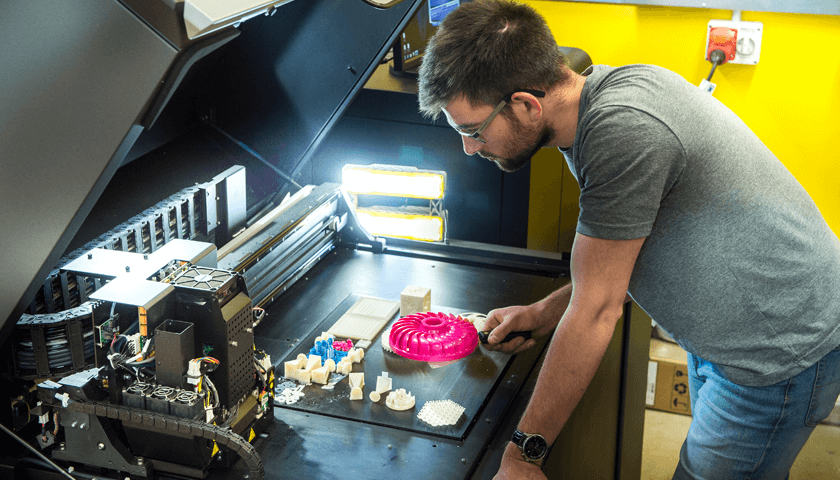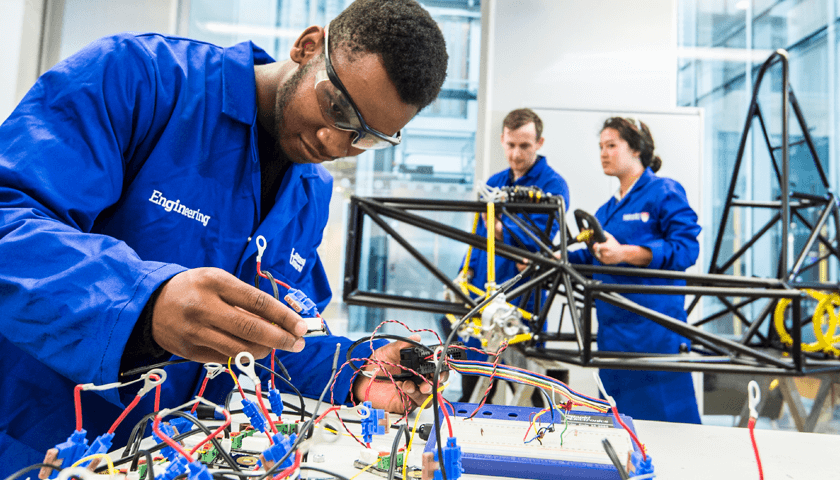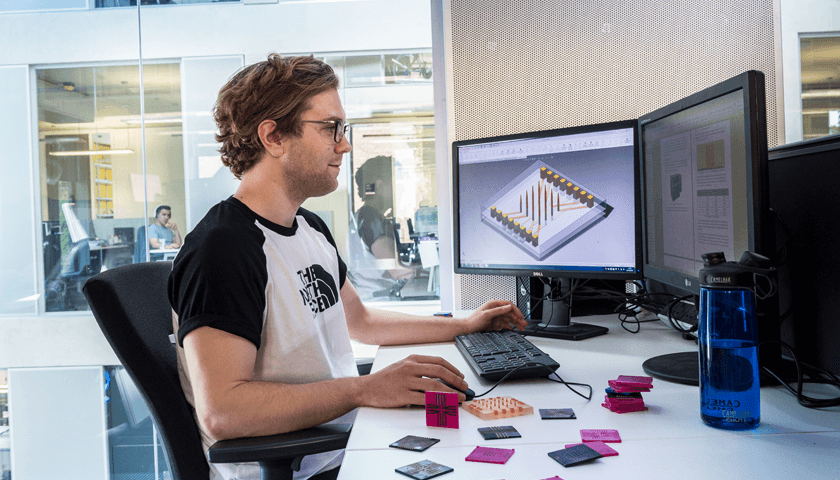Nuclear energy is so much more than power stations and reactors. It’s used in medical applications such as radiotherapy, scans and sterilisation; it creates carbon efficient energy contributing to reducing climate change; it powers space crafts; and even helps to make our food safe. Nuclear engineers focus on the design, application and maintenance of the systems and processes required to successfully utilise nuclear energy in these industries. It’s a highly skilled branch of engineering and graduates are well placed for the expansion of the nuclear industry over the next ten years. At Lancaster we have close connections to three nuclear energy sites within a 30 mile radius and you will benefit from site visits, project work and guest lectures.
Broaden your horizons
Enrich your university experience with a year overseas at one of our partner universities. In the Year 4, head out to start your adventure and immerse yourself in a different cultural and academic community. We’ll support you all the way!
What to expect
Our five-year MEng Hons Nuclear Engineering (Study Abroad) degree starts with your general engineering first year and includes core themes of design, materials, thermodynamics and heat transfer, along with mathematics. You’ll share this experience with all our School of Engineering students, regardless of their specialisation. We think this makes you a well-rounded graduate, with excellent teamwork and communication skills, prepared for a career where you will often work in multidisciplinary teams.
In Year 2 is where you start to specialise in nuclear engineering and you will learn core themes such as nuclear science, nuclear engineering systems, decommissioning and nuclear safety taught by staff with world leading expertise. Working in our two new engineering buildings with state-of-the-art facilities, you’ll develop your creativity and technical skills as you design, build and test to solve real-world problems.
Your third year enables you to apply your skills in an individual project, during which you will learn to use professional software and develop your research and design skills further. Previous examples of projects that you can work on include mixed field radiometrics, cosmic radiation monitoring and accelerator mass spectroscopy. You will also gain specialist knowledge in key nuclear applications, develop an interdisciplinary approach, and apply engineering principles to analyse key processes. This experience will allow you to grow and enhance your professional and discipline specific skills, and you will gain relevant real-world experience.
Take further steps towards professional engineering with management skills, project management, and industry engagement. Sustainability, safety, ethics and quality management are kept in focus too.
Master’s-level training
In the final year, you will be guided by our research excellence in nuclear engineering, fusion and chemical processes; as well as our partnerships with Sellafield Ltd, Westinghouse Springfield Fuels Ltd and other specialist companies. You will undertake an individual project that will allow you to develop your interests towards your future career. Working in collaboration with an industry partner, or as part of one of our research activities, you will develop the ability to critically analyse and evaluate a project brief, gain experience in project management and learn to input your specialism into a wider context. Previous examples of projects that you can work on include mixed field radiometrics, cosmic radiation monitoring and accelerator mass spectroscopy. This year will solidify your knowledge, placing you in an excellent position to launch your engineering career and progress toward achieving Chartered Engineer status.
Personal development
You will develop valuable transferable skills that make you highly desirable to future employers, such as working in collaboration, communication, and the ability to design, build, and implement systems. You will grow practical skills in testing, system maintenance, digital proficiencies, and the ability to consider and maintain work safety practices in the nuclear industry.
We hope you find your year overseas personally enriching. Our students often tell us that they return feeling more confident, self-assured and with a broader perspective to take into job interviews.
3 things our nuclear engineering students would like you to know:
- All of us engineers share the same newly-built facilities. You’ll find us using nuclear instrumentation with the neutron and other radiation sources, using integrated software in the computer labs, or working collaboratively with lecturers and friends
- The University’s nuclear research and industrial collaborations are big attractions for studying here. We’re also at a geographical advantage with Sellafield and Heysham Power Stations in the area
- The University is highly-regarded for design in research and encourages young engineers to do things differently, so we’re designing and innovating as we learn
Will my course be four or five years?
Students beginning this course in 2025 will study for four years. Students beginning in 2026 will study a revised five-year course.


